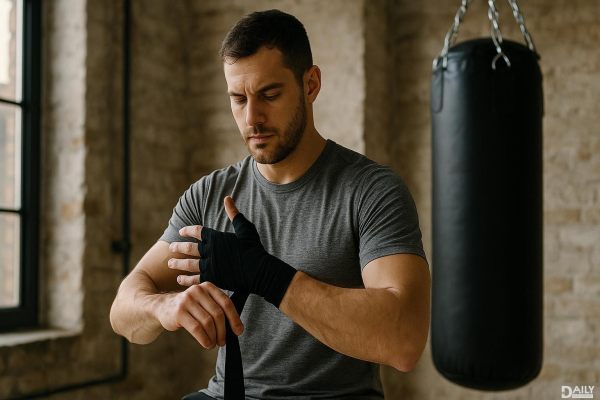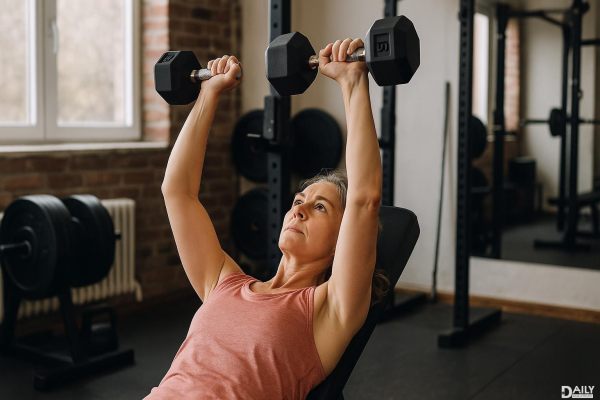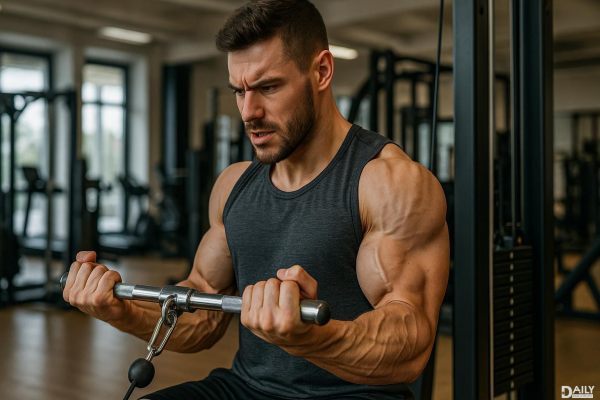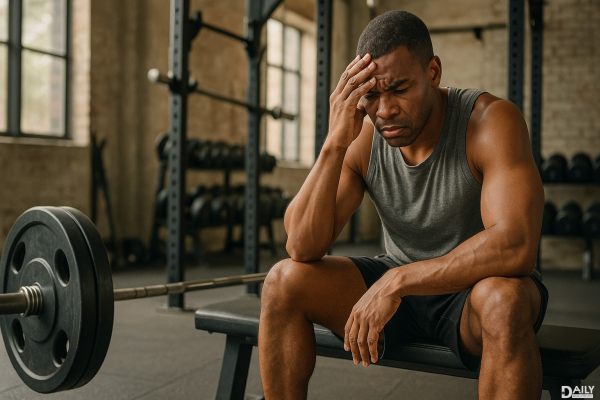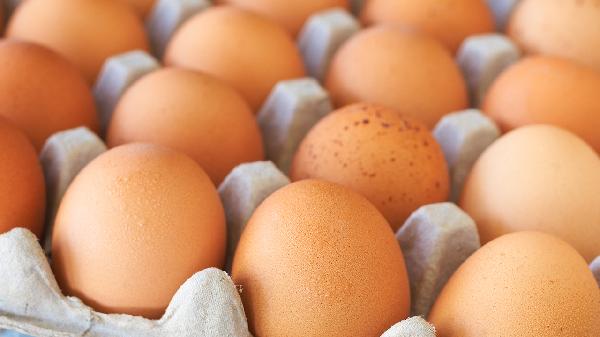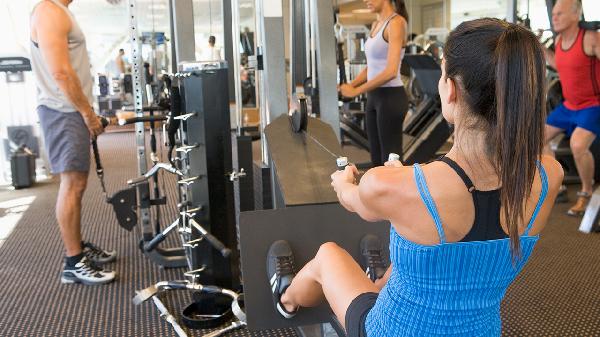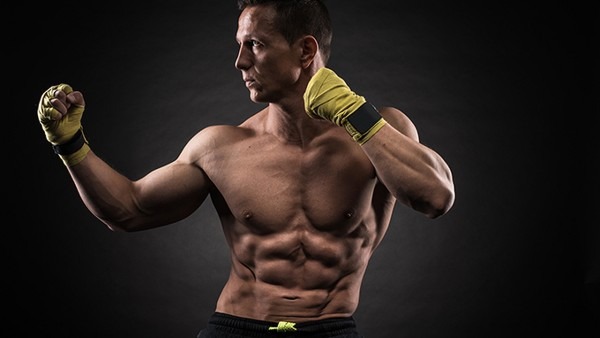When our bodies remain sedentary or our joints stay in a static position for a long time, and we suddenly stand up or make large movements with our joints, they may produce a "cracking" sound. This is especially common among fitness enthusiasts who often experience joint noises while doing push-ups at home or outdoors. Many people are puzzled by this phenomenon: why do joints crack during push-ups? Below, we’ll explain the reasons.
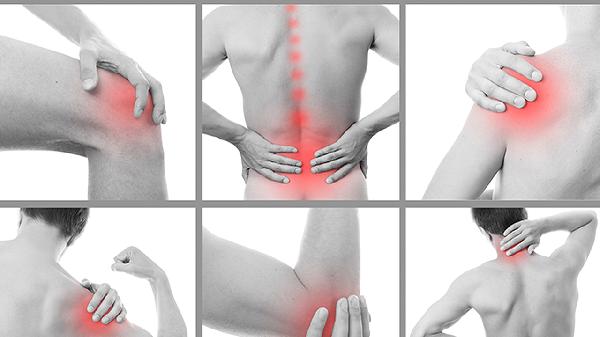
1) Gas Escape: Scientists believe that there is a fluid called synovial fluid in our joints, which is used to lubricate them. This synovial fluid contains gases such as oxygen, nitrogen, and carbon dioxide, which form bubbles. When we stretch our joints, the gases in the synovial fluid rapidly escape, causing the cracking sound as the bubbles burst.
2) Joint Displacement: When we move our joints, the tendons and ligaments shift. When they return to their original position, you may sometimes hear a cracking sound. This is more common in the knees and ankles.
3) Rough Joint Surfaces Due to Arthritis: Arthritis can damage the cartilage between joints, causing the joint surfaces to become rough. In this case, friction between the joints can produce sounds. Does this mean joint cracking is harmful? Not necessarily.
However, if joint cracking is accompanied by pain, it’s advisable to see a doctor.
Some people enjoy cracking their knuckles to produce sounds. Some studies suggest that this habit can damage the soft tissues between the knuckles, weakening the grip strength of the fingers.
Beginners often experience this phenomenon, and in most cases, it’s normal. Certain joints and angles are rarely used in daily life, much like a new car that needs a break-in period to run smoothly. This is especially true for the shoulder joint, which is less frequently used. In activities like Tai Chi, joints often perform circular and lifting movements, which can "activate" the "stiff" joints, making initial cracking sounds inevitable. However, beginners should focus on relaxing their joints and moving naturally. Avoid forcing strenuous movements or pushing joints beyond their natural range. Don’t adopt a mindset of enduring pain at all costs, as joint damage is often irreversible and can affect you for life. With consistent practice, joints will naturally become more flexible over time. Avoid rushing the process. If, after one or two months of daily practice, the cracking persists, there may be an underlying issue. It’s advisable to temporarily stop practicing and consult a doctor.
The above explains why joints crack during push-ups. Now you have a better understanding. Joint cracking during exercise doesn’t necessarily indicate a healthy practice. It’s often mistaken as a sign of joint engagement, but it’s actually the result of air being compressed between the joint surfaces. If joint cracking is accompanied by pain during exercise, it’s recommended to seek medical advice for preventive measures.
